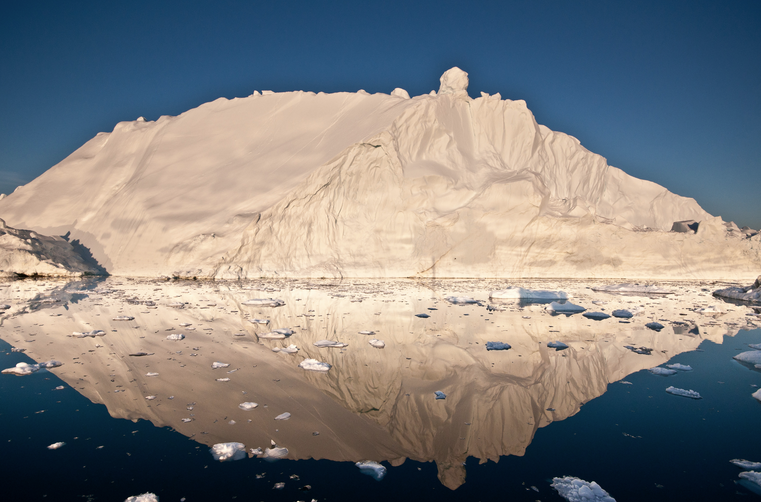Climate Change Belongs In Classrooms, Say New National Science Education Guidelines
Only 1 in 5 students currently say they understand climate change from what they learned in school.

New nationwide science-education standards are coming soon, and they’ll include a lesson plan that should help the next generation of youngsters understand the world they will grow up in. These new standards will recommend that American students learn about climate change.
Some states already have climate change education plans, and national science literacy groups also publish lesson plans including climate change and what can be done to address it. But the new national guideline, under the purview of the Next Generation Science Standards, sets a course for schools across the country. It’s the first major change to national science literacy policy in 15 years.
It may be just in time: Only 1 in 5 students says they understand climate change from what they’ve learned in school, according to an interview on NPR with Mark McCaffrey of the National Center for Science Education. Sometimes this is a result of students–or their school’s curriculum–skipping Earth science in favor of biology, chemistry and physics. And sometimes this is the result of confusing lessons that try to teach both sides of the controversy. The problem is that there are not two sides. The scientific evidence is crystal clear. Climate change is real, it’s happening now, and since kids in school today will eventually be adults who have to deal with it, they ought to learn about it.
The new standards are voluntary, but because they’ve been drafted by 26 states, educators hope that most states will adopt them. Tennessee and Louisiana are the only states to pass laws protecting teachers who question human-caused climate change, although climate deniers have lobbied lawmakers in many other states.
According to the National Research Council, which helped draft the new guidelines, the decision was always going one way. “There was never a debate about whether climate change would be in there,” the NRC’s Heidi Schweingruber told NPR. “It is a fundamental part of science, and so that’s what our work is based on, the scientific consensus.”